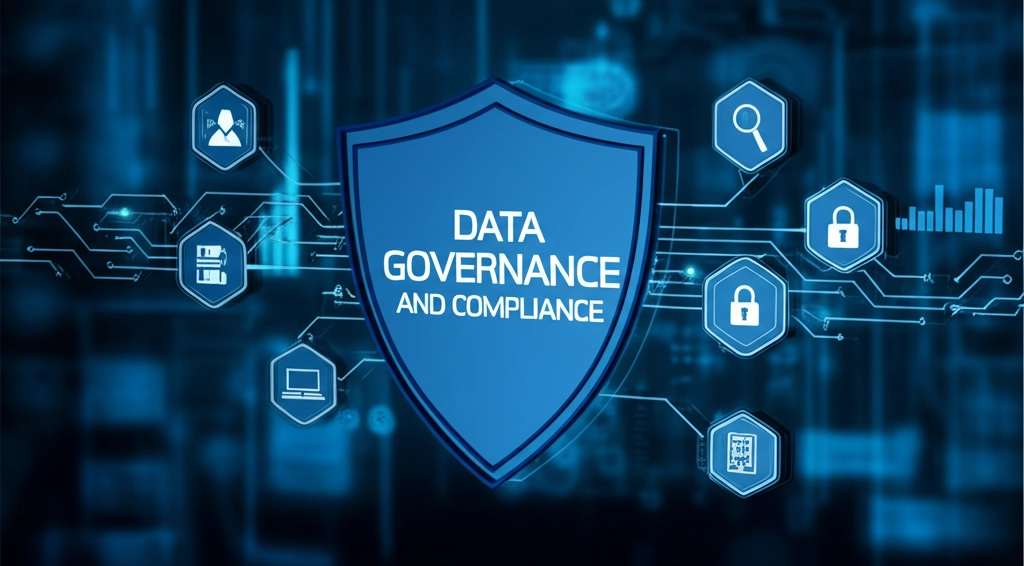
Ethical AI Frameworks: Building Responsible Systems
As artificial intelligence becomes increasingly embedded in critical business operations and decision-making processes, organizations face mounting pressure to ensure these systems operate ethically and responsibly. The development of robust ethical AI frameworks has emerged as a strategic imperative, not merely for regulatory compliance but as a fundamental business necessity.
Effective ethical AI frameworks begin with clear principles that guide development and deployment. While specific implementations vary across organizations, several core principles have gained broad acceptance: fairness and non-discrimination, transparency and explainability, privacy and security, human oversight and accountability, and beneficial purpose. These principles provide the foundation for more detailed policies and practices tailored to specific business contexts.
Fairness in AI systems requires careful attention to potential biases in training data and algorithmic design. Leading organizations are implementing rigorous testing protocols to identify and mitigate biases across protected characteristics such as race, gender, and age. These efforts extend beyond initial development to include ongoing monitoring for emergent biases as systems evolve and encounter new data in production environments.
Transparency and explainability have become essential requirements for AI systems, particularly those making consequential decisions affecting individuals. Technical approaches such as interpretable machine learning models, feature importance analysis, and counterfactual explanations are being combined with clear communication strategies to help stakeholders understand how and why AI systems reach specific conclusions.
Privacy considerations have taken center stage as AI systems process increasingly sensitive personal data. Ethical frameworks now incorporate privacy-by-design principles, including data minimization, purpose limitation, and enhanced security measures. Advanced techniques such as federated learning, differential privacy, and secure multi-party computation are enabling organizations to derive insights while protecting individual privacy.
Human oversight remains a critical component of ethical AI deployment. Well-designed frameworks establish clear protocols for human review of high-stakes decisions, mechanisms for contesting automated determinations, and processes for incorporating feedback to improve system performance. This human-in-the-loop approach ensures that AI augments rather than replaces human judgment in sensitive contexts.
Governance structures for ethical AI are evolving rapidly, with organizations establishing dedicated ethics committees, cross-functional review boards, and specialized roles such as AI ethics officers. These governance mechanisms provide formal channels for addressing ethical concerns throughout the AI lifecycle, from initial concept through development, deployment, and ongoing operation.
Stakeholder engagement has emerged as a vital element of comprehensive ethical frameworks. Organizations are increasingly consulting with diverse stakeholders—including employees, customers, affected communities, and domain experts—to identify potential impacts and concerns. This inclusive approach helps ensure that AI systems reflect broader societal values and address the needs of all those affected by their operation.
Documentation and auditability serve as the backbone of accountable AI systems. Leading frameworks require thorough documentation of design decisions, data sources, testing procedures, and known limitations. These records enable effective auditing, facilitate regulatory compliance, and support continuous improvement of both technical performance and ethical alignment.
As AI capabilities continue to advance, ethical frameworks must evolve accordingly. Organizations that establish robust, adaptable approaches to AI ethics position themselves for sustainable innovation and growth. By demonstrating commitment to responsible AI development and deployment, these organizations build trust with customers, employees, and regulators while mitigating risks that could undermine their technological investments and broader business objectives.